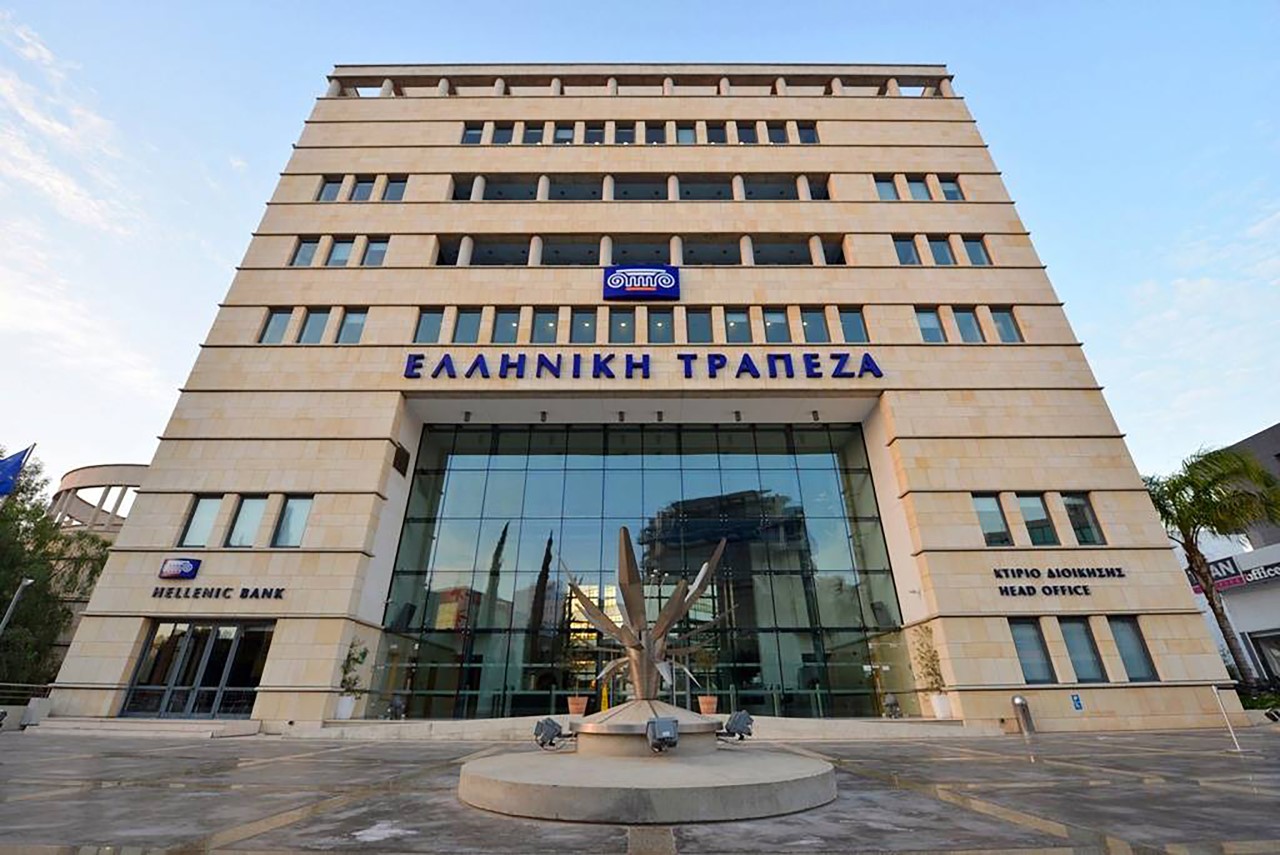The Greenbook for Fiscal Year 2025, containing the Biden administration’s budget proposals, presents a mixture of recommendations, many of which have been considered in one form or another in past years. Nevertheless, it lays out the administration’s blueprint for a wish list, and in some cases signals issues to prepare for. “As time has gone on, we’ve seen most of these in the past,” said Joe Boddicker, counsel at the Washington, D.C., office of law firm Alston & Bird. “For example, an increase in the corporate minimum tax from 15% to 21%. Most of what’s in there is old stuff. The takeaway is that it is the same old same old, but at the same time there are a couple of twists that you should pay attention to that make it more interesting given the expiration of the Tax Cuts and Jobs Act tax cuts. This serves as the opening offer of the administration in a 2025 tax reform exercise. It’s probably the most interesting aspect, but in many respects it still leaves more questions than answers.”
Revenue Projections and Challenges
A rule of thumb is that an increase in the corporate tax rate will raise approximately $1 billion according to Boddicker, who formerly served on the staff of the Senate Finance Committee. “With the Greenbook proposal to increase the corporate tax rate by 7%, you would expect to raise in the neighborhood of $7-8 billion. Over 10 years, it would amount to more than $700 billion, a little more than $100 billion per percentage point. In its estimate, Treasury scores it at $1.35 trillion over 10 years, almost twice as much as you would expect. That highlights the issue which we’re going to have — there are big revenue holes to plug. The estimates don’t come anywhere near the revenue they need to plug the holes.”
According to the Congressional Budget Office, it would cost $3 or $4 trillion if they extend everything in the TCJA. “You would have a hard time getting there with a more politically visible route,” Boddicker explained. “Rep. Jason Smith [R-Missouri, chairman of the Ways and Means committee] has indicated that some House Republicans may be open to some tax increases. Ron Wyden [D-Oregon, chairman of the Senate Finance Committee] had a bipartisan plan pre-TCJA calling for a 24% corporate tax rate. Similarly, Dave Camp, the former chairman of the House Ways and Means Committee, suggested a corporate rate of 25% on a bipartisan basis. He indicated they wouldn’t be able to increase the corporate rate by more than a couple of percentage points. It would form the basis of an offset, or set the starting point for the extent to which an offset would be required. Of course, it revolves around the November election and its results, with the bipartisan bill going nowhere in the Senate, in theory.”
“At this point, most legislators are sitting around waiting for the outcome of the November election, hoping it will be in favor of their party so they can solve the riddle in a way that favors their respective parties,” Boddicker said.
The Greenbook idea that they will not raise taxes on any taxpayer making $400,000 per year or less will be a difficult task to design, according to Boddicker. “It will be next to impossible to design the system in a way that will capture everyone above the line, but will hold harmless those making less than $400,000,” he said.






